Africa
Unveiling the Legacy: African Roots
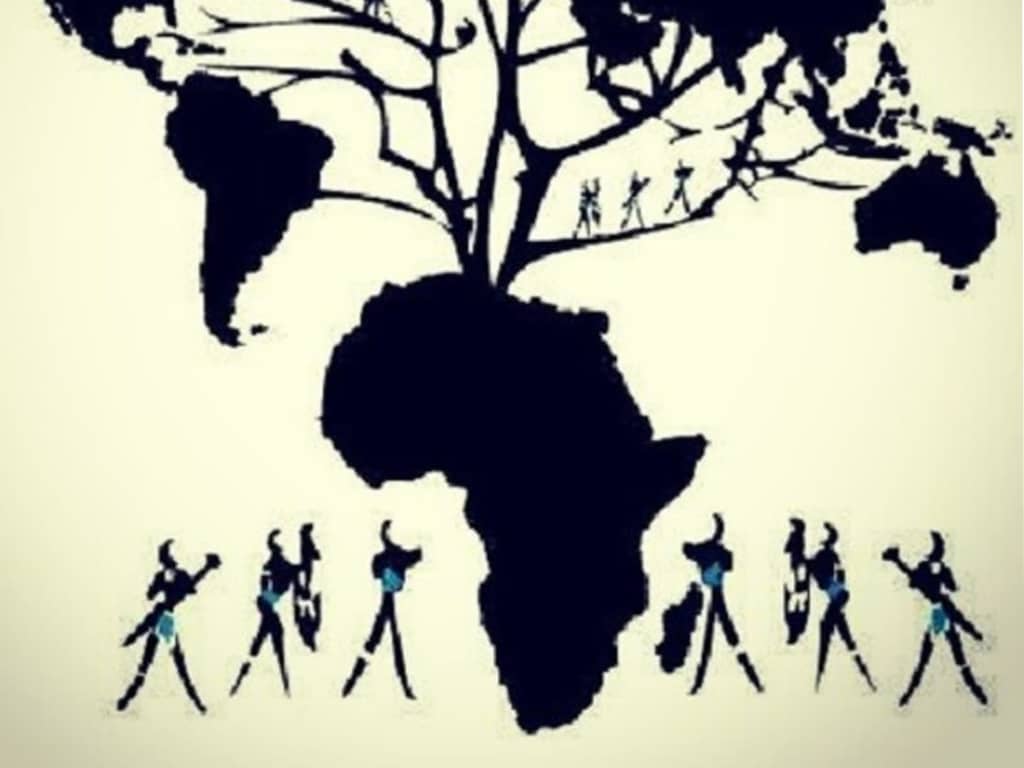
Introduction
Africa, the enigmatic cradle of civilization, whispers tales of ancient empires, resilient peoples, and an unparalleled cultural tapestry. To understand the African roots is to embark on a journey through time, exploring the essence of a continent that has shaped humanity in profound ways. From the dawn of mankind to the vibrant cultural expressions of today, Africa’s legacy is a rich mosaic waiting to be unveiled.
The Cradle of Humanity
Africa: The Birthplace of Mankind
Africa, the motherland of humanity, cradles the earliest traces of human existence. Fossils unearthed in the Great Rift Valley tell stories of our ancient ancestors, who roamed these lands millions of years ago. This continent, with its diverse landscapes and climates, provided the fertile ground for the evolution of Homo sapiens, our shared ancestors.
Ancient Civilizations and Empires
From the majestic pyramids of Egypt to the mysterious rock-hewn churches of Ethiopia, Africa is home to some of the world’s oldest and most sophisticated civilizations. The Kingdom of Kush, the Mali Empire, and Great Zimbabwe stand as testaments to Africa’s historical grandeur. These empires thrived on trade, innovation, and rich cultural traditions that continue to inspire awe.
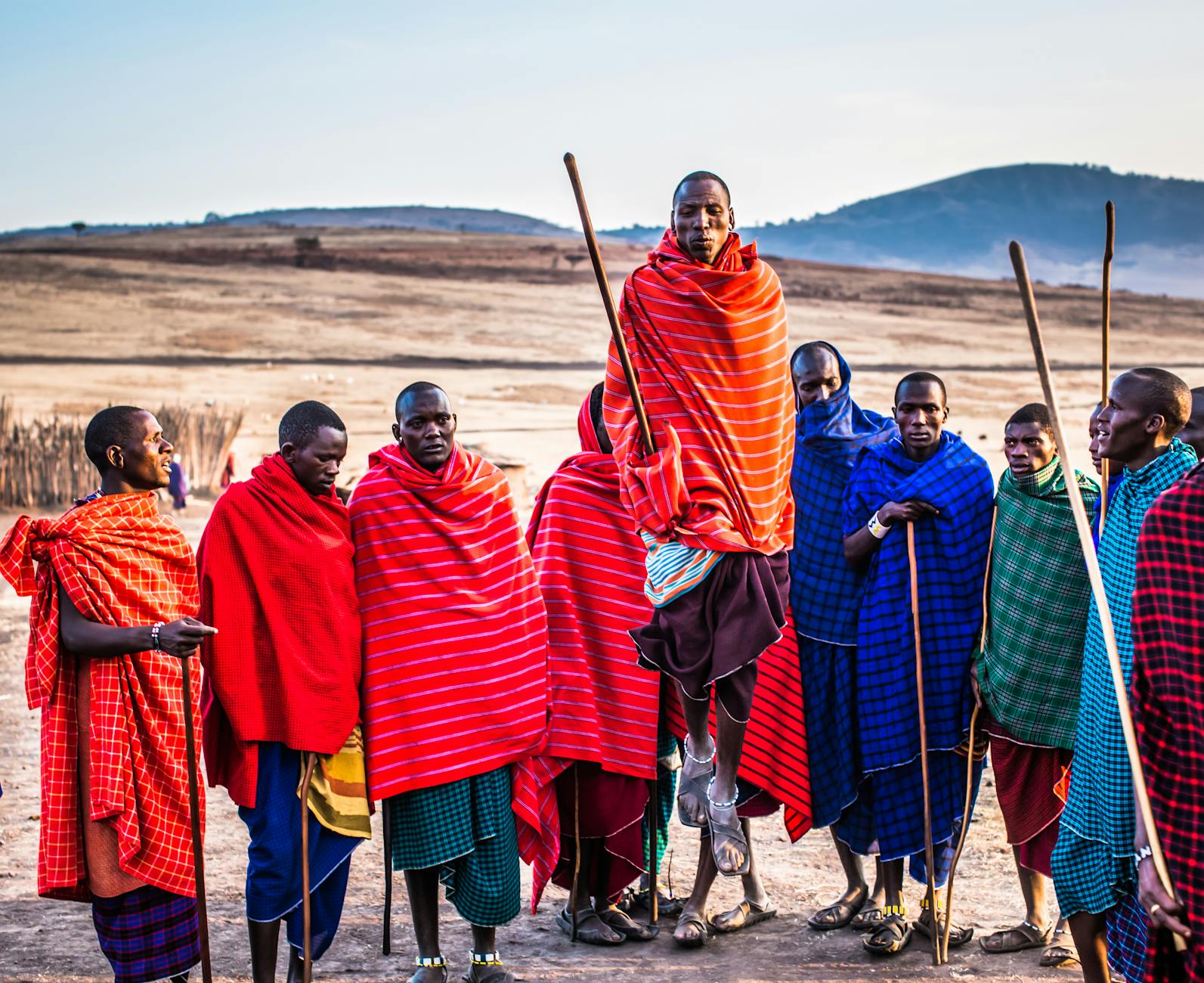
Cultural Richness and Diversity
Languages and Dialects
Africa’s linguistic diversity is a testament to its cultural richness. With over 2,000 languages spoken across the continent, each dialect carries unique stories, traditions, and histories. From the Swahili coasts to the deserts of the Tuareg, language is the heartbeat of African identity.
Music and Dance Traditions
African music and dance are the soul’s expressions, pulsating with rhythms that echo through time. The beats of the djembe, the melodies of the kora, and the vibrant dances of the Zulu tell stories of joy, struggle, and unity. These art forms are not just entertainment but a means of preserving history and culture.
Art and Craftsmanship
African art, with its bold colors and intricate patterns, is a reflection of the continent’s creativity and spirituality. From the ancient rock art of the San people to the contemporary works of African artists, craftsmanship in textiles, pottery, and sculpture speaks volumes about the diverse cultural landscapes.
Spirituality and Belief Systems
Traditional African Religions
Spirituality in Africa is deeply rooted in the connection to nature and ancestors. Traditional African religions, with their rituals and ceremonies, honor the spirits of the land, the sky, and the waters. These belief systems emphasize community, harmony, and respect for the natural world.
Influence of Christianity and Islam
The arrival of Christianity and Islam brought new dimensions to African spirituality. Today, these religions coexist with traditional beliefs, creating a unique blend of spiritual practices. From the grand mosques of Timbuktu to the vibrant churches of Lagos, faith in Africa is a dynamic and evolving tapestry.
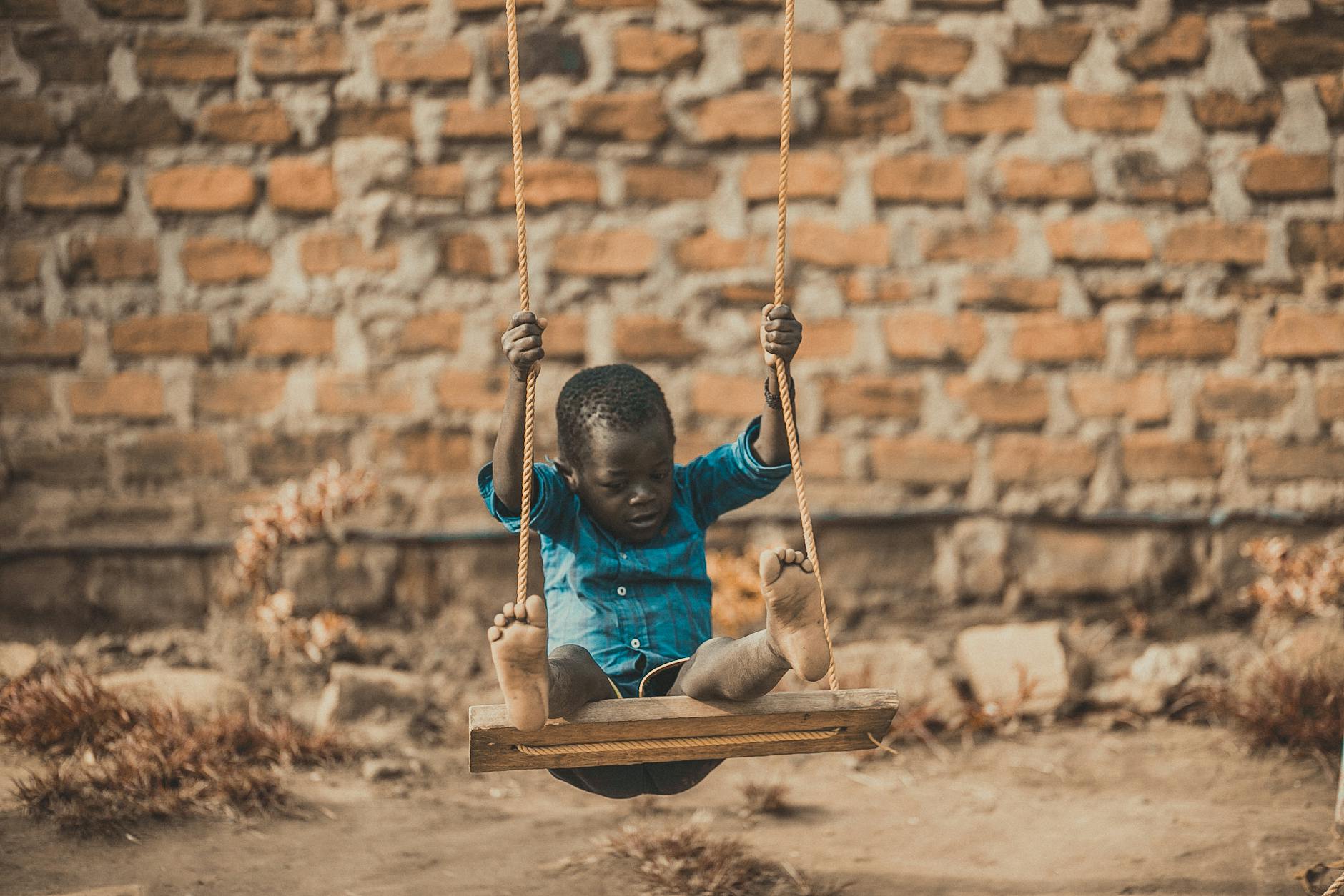
The Impact of Colonialism
The Scramble for Africa
The 19th century’s “Scramble for Africa” marked a period of intense colonization, where European powers carved up the continent for their gain. This era brought profound changes, often at great cost to African societies, disrupting traditional ways of life and exploiting the continent’s resources.
Resistance and Resilience
Despite the hardships of colonialism, African nations demonstrated remarkable resilience and a fierce spirit of resistance. Leaders like Nelson Mandela, Kwame Nkrumah, and Jomo Kenyatta led their countries to independence, inspiring a new era of self-determination and pride in African identity.
African Diaspora and Its Influence
Transatlantic Slave Trade
The transatlantic slave trade was a dark chapter in African history, forcibly displacing millions of Africans to the Americas. Despite this brutal upheaval, African culture and traditions endured, influencing music, cuisine, and social customs in the diaspora.
Cultural Retentions and Transformations
The African diaspora has not only retained elements of its heritage but also transformed it, creating new cultural expressions. From jazz and hip-hop to Caribbean cuisine and Brazilian festivals, the African influence is deeply woven into the fabric of global culture.
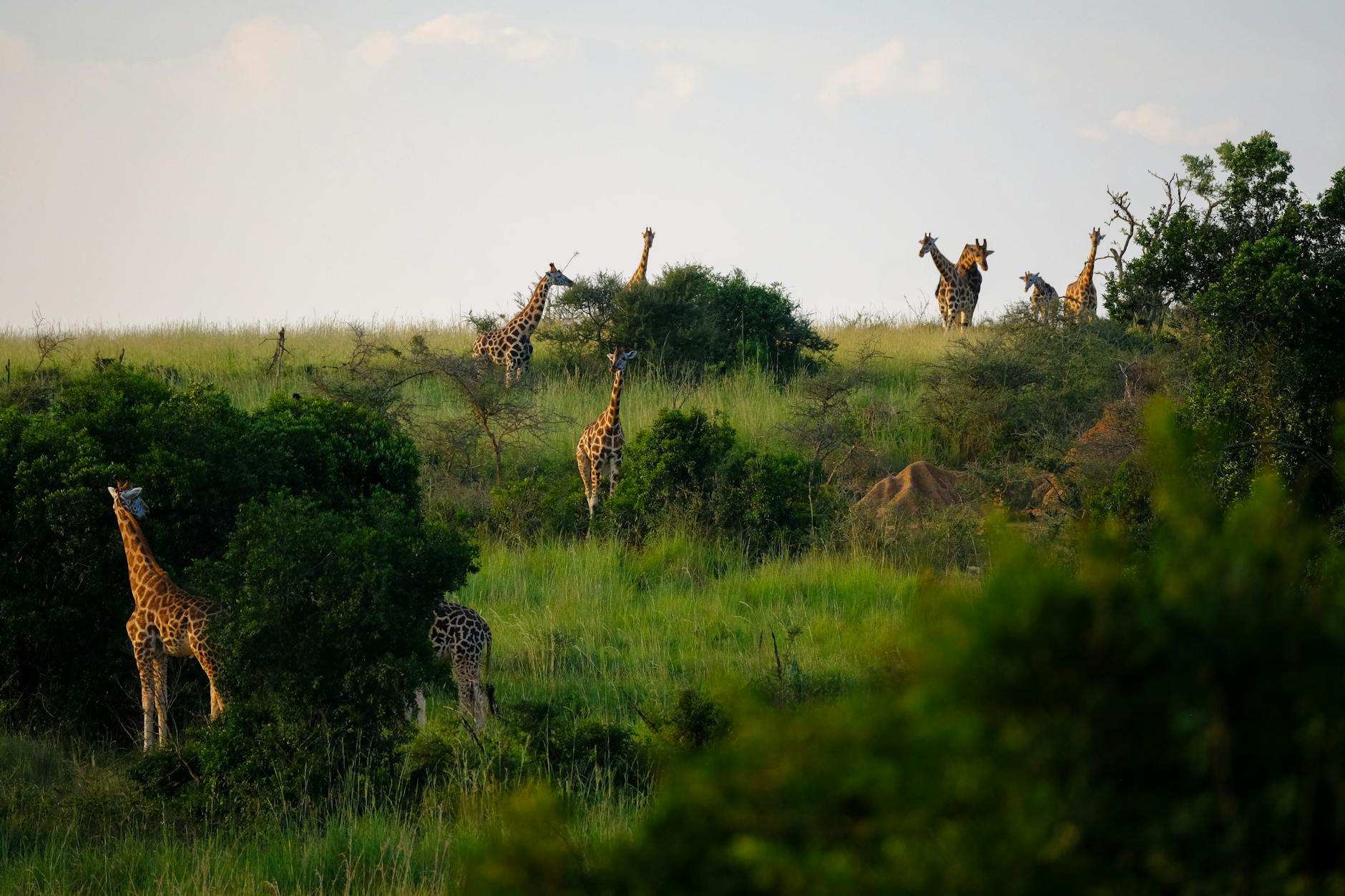
Modern African Contributions
Literature and Storytelling
African literature is a powerful voice on the global stage, with authors like Chinua Achebe, Chimamanda Ngozi Adichie, and Ngũgĩ wa Thiong’o offering profound insights into the African experience. Storytelling, both oral and written, remains a vital tradition, passing down wisdom and preserving history.
Innovations and Achievements
Modern Africa is a hub of innovation and achievement. From technological advancements in Nairobi’s Silicon Savannah to groundbreaking medical research in South Africa, African nations are making significant contributions to science, technology, and the arts.
African Cuisine: A Culinary Journey
Staple Foods and Ingredients
African cuisine is as diverse as its cultures, with staple foods like maize, millet, and cassava forming the basis of many diets. Ingredients like yams, plantains, and okra add richness to African dishes, reflecting the continent’s agricultural bounty.
Popular Dishes and Recipes
From West Africa’s jollof rice to East Africa’s injera, African cuisine is a feast for the senses. Recipes passed down through generations tell stories of heritage and community, inviting you to experience the warmth and hospitality of African kitchens.
African Fashion: Style and Identity
Traditional Attire
Traditional African attire is a vibrant expression of cultural identity. Garments like the Nigerian agbada, the Ghanaian kente, and the South African shweshwe are not just clothing but symbols of heritage and pride.
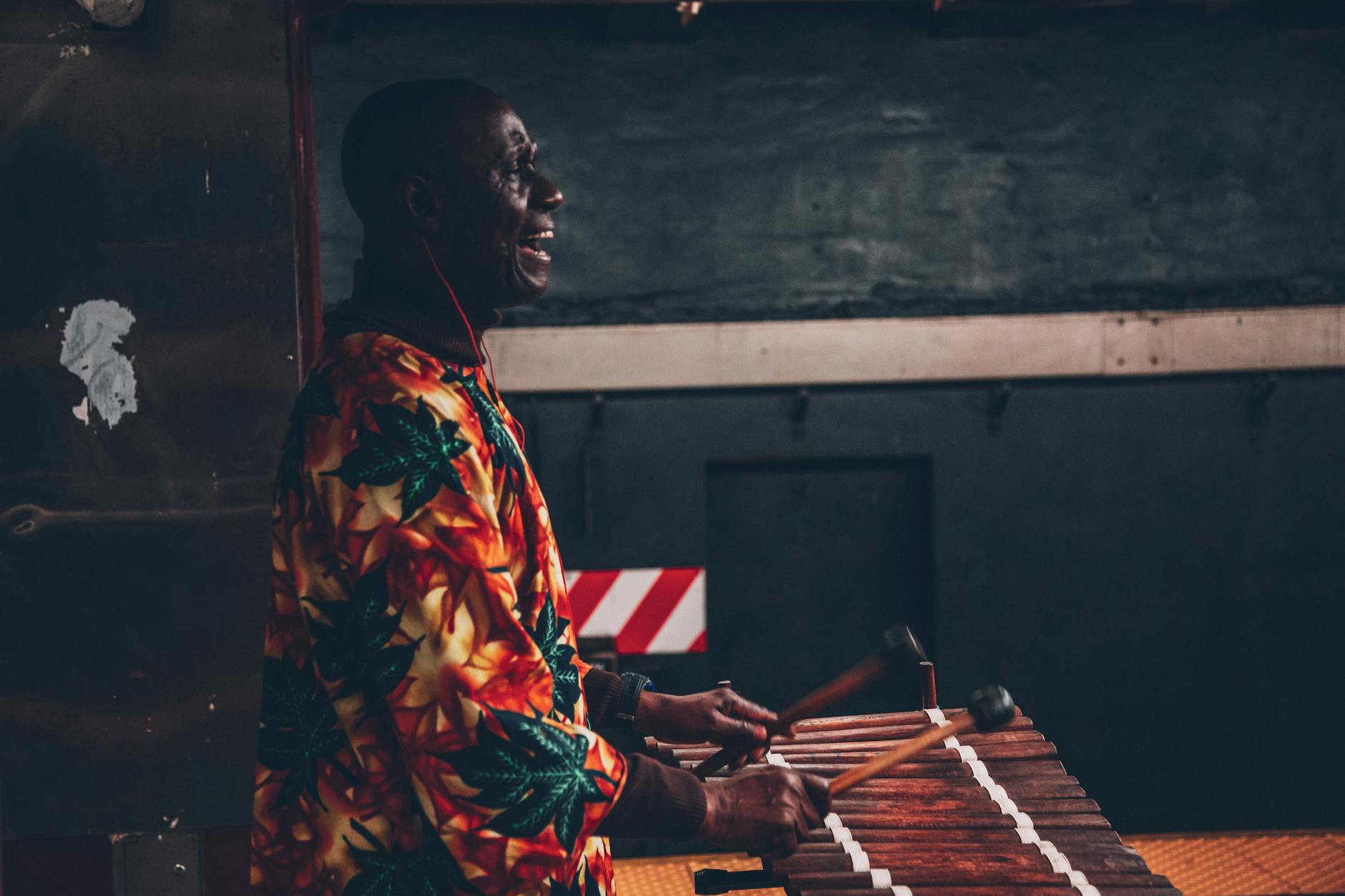
Contemporary African Fashion
Modern African fashion is a dynamic fusion of traditional elements and contemporary styles. Designers like Duro Olowu and Stella Jean are gaining international acclaim, showcasing the creativity and innovation of African fashion on the global stage.
African Languages: A Melodious Symphony
Bantu Languages
Bantu languages, spoken by millions across Central, Eastern, and Southern Africa, are a linguistic family rich in history and diversity. Languages like Swahili, Zulu, and Shona connect communities and preserve cultural heritage.
Nilotic Languages
Nilotic languages, spoken by the Nilotic peoples of East Africa, are another vital linguistic group. These languages, including Maasai and Luo, are integral to the cultural identity and traditions of the Nilotic communities.
African Festivals and Celebrations
Cultural Festivals
African festivals are vibrant celebrations of heritage and community. Events like the Festival of Pan-African Music (FESPAM) and the Durban International Film Festival showcase the continent’s artistic talent and cultural diversity.
Religious Celebrations
Religious celebrations, such as the Islamic Eid festivals and Christian Christmas festivities, highlight the spiritual richness of Africa. These events are occasions for family gatherings, communal prayers, and festive meals, reinforcing the bonds of community.
Preserving African Heritage
Museums and Cultural Centers
Preserving African heritage is a mission embraced by numerous museums and cultural centers across the continent. Institutions like the National Museum of African Art in Washington, D.C., and the Apartheid Museum in Johannesburg are custodians of African history, art, and culture.

Oral Traditions and Storytelling
Oral traditions and storytelling are the lifeblood of African culture, ensuring the transmission of wisdom, values, and history from one generation to the next. Griots and elders play a crucial role in keeping these traditions alive, weaving tales that educate and inspire.
Challenges and Triumphs
Socio-Economic Issues
Africa faces numerous socio-economic challenges, from poverty and unemployment to healthcare and education disparities. However, the continent’s resilience and determination to overcome these obstacles are sources of hope and inspiration.
Progress and Hope
Despite the challenges, Africa is on a path of progress and hope. Economic growth, technological advancements, and a burgeoning youth population are driving the continent towards a brighter future. The spirit of Ubuntu, the philosophy of shared humanity, continues to guide African societies towards unity and prosperity.
Conclusion
Embracing African Roots
Embracing African roots means celebrating the continent’s rich heritage, acknowledging its struggles, and honoring its contributions to the world. It is a call to reconnect with the essence of humanity and recognize the indelible mark Africa has left on global history and culture.
The Future of African Heritage
The future of African heritage lies in the hands of those who cherish and preserve it. As we move forward, let us continue to honor Africa’s past, celebrate its present, and envision a future where its legacy is revered and its roots are nurtured.
FAQs
What are some ancient African civilizations?
Ancient African civilizations include the Egyptian civilization, the Kingdom of Kush, the Mali Empire, and Great Zimbabwe, each known for their unique contributions to architecture, trade, and culture.
How has African culture influenced the world?
African culture has influenced the world in many ways, including music (jazz, blues, hip-hop), cuisine (Caribbean and Brazilian foods), fashion, and dance, as well as spiritual practices and social customs.
What are traditional African religious practices?
Traditional African religious practices often involve ancestor worship, nature veneration, and community-based rituals and ceremonies that emphasize harmony and respect for the natural world.
How has African fashion evolved over time?
African fashion has evolved from traditional attire, such as the agbada and kente cloth, to contemporary styles that blend traditional elements with modern trends, gaining international acclaim in the global fashion industry.
What is the significance of African festivals?
African festivals celebrate cultural heritage, community, and spirituality. They are important for preserving traditions, fostering unity, and showcasing the artistic and cultural diversity of the continent.
